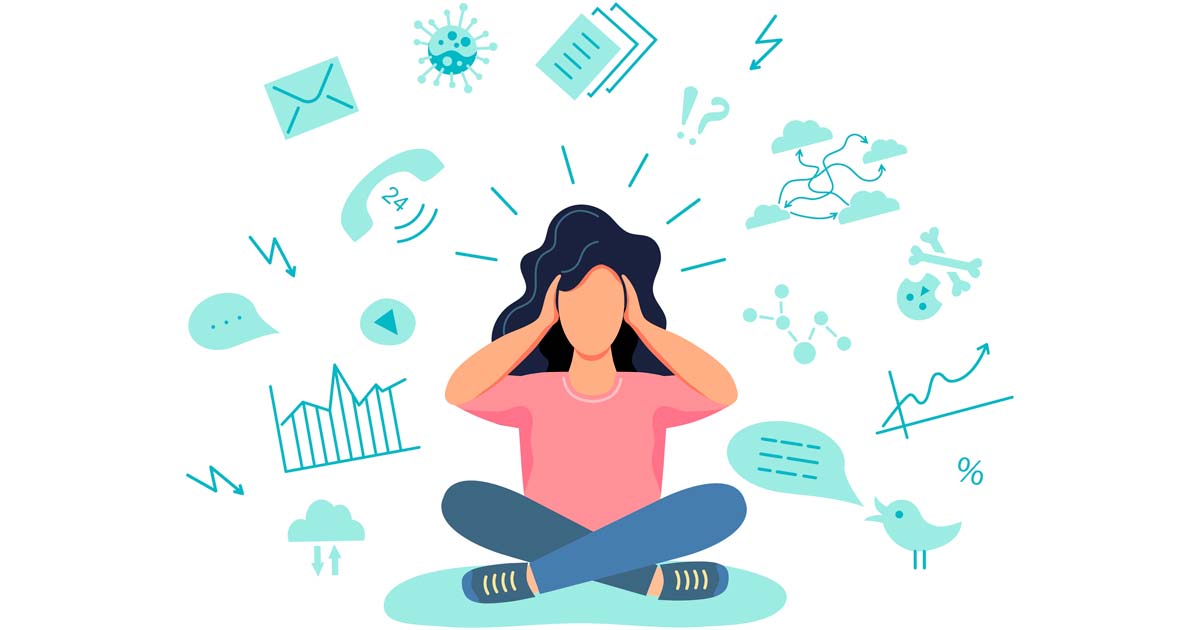Have you ever found yourself caught in the whirlwind of stress, wondering why we experience stress and why it seems to be an unwelcome companion in your modern life?
Living in the modern world exposes us to a constant stream of stress, stemming from global political tensions and the complexities of our personal lives, whether they unfold in physical or virtual spaces.
The pervasiveness of stress raises critical questions about its potential harm and the strategies to mitigate its impact.
Unveiling the physical and psychological ramifications of stress, both immediate and long-lasting, as well as exploring effective approaches to manage stress levels, is essential in our quest for well-being.
Why We Experience Stress?
Stress, a phenomenon intricately woven into the fabric of modern life, can manifest in various dimensions.
The tumultuous global political landscape and the demands of daily life impose their weight, affecting us on both societal and individual levels.
In a world perpetually connected by technology, the virtual realm presents its own set of challenges, further contributing to our collective stress. This compounding stress landscape prompts us to delve into its potential detriments and the strategies we can employ to combat them.
The modern era has ushered in a host of stressors that have the potential to undermine our physical and psychological well-being.
As stress infiltrates our lives, it can lead to a range of adverse effects, both immediate and over time. From a physiological standpoint, chronic stress can disrupt bodily systems, contributing to issues such as cardiovascular problems, compromised immune function, and digestive disorders.
Psychologically, stress can foster anxiety, depression, and other mental health challenges, exacerbating our overall sense of wellness.
Exploring methods to reduce stress is vital in safeguarding our health and well-being. Both short-term relief and long-term resilience can be cultivated through a range of strategies.
Mindfulness practices, such as meditation and deep breathing exercises, can offer immediate respite from stressors.
Engaging in regular physical activity is another effective approach, as exercise releases endorphins, our body’s natural stress relievers. Prioritizing healthy sleep habits and adopting balanced nutrition also play pivotal roles in stress mitigation.
Moreover, building a strong support network of friends, family, and professionals can offer a buffer against the toll of stress. Seeking professional help, when necessary, is an essential step in managing stress-related mental health challenges.
As we navigate the intricate web of modern stressors, understanding its dynamics and consequences is essential.
The ability to address stress comprehensively empowers us to cultivate a more resilient, healthier existence.
Embracing a combination of stress management techniques, both conventional and holistic, enables us to confront stress head-on and reclaim control over our well-being.
In conclusion, the modern age’s constant state of stress, shaped by global politics and personal circumstances, necessitates a thorough examination of its potential repercussions and the means to counteract them.
Acknowledging stress’s adverse effects on our physical and psychological health is the first step in crafting a strategy for resilience.
By embracing a multidimensional approach that encompasses mindfulness practices, physical activity, healthy lifestyle choices, and support networks, we can reduce the impact of stress and cultivate a more harmonious way of life.
In our journey to navigate the challenges of the modern era, understanding stress’s intricacies is a crucial element in achieving overall well-being.




























